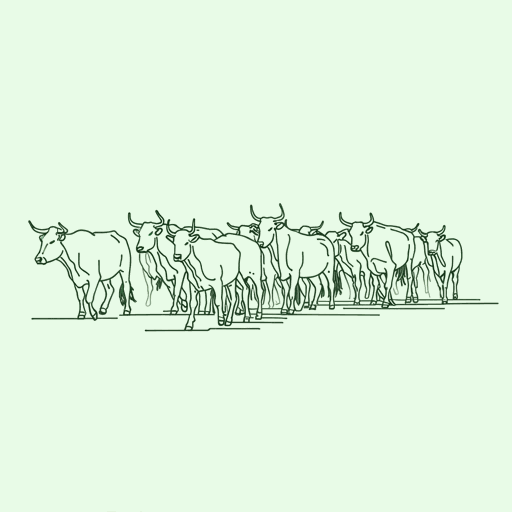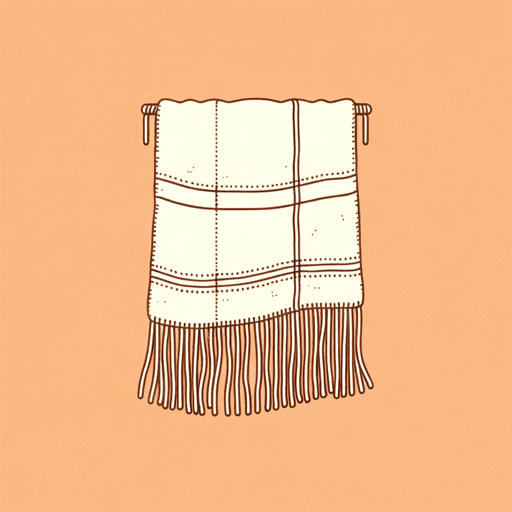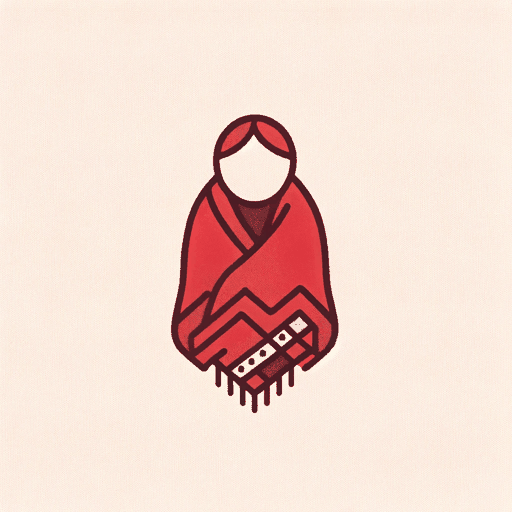29 pages • 58 minutes read
Leslie Marmon SilkoYellow Woman
Fiction | Short Story | Adult | Published in 1974A modern alternative to SparkNotes and CliffsNotes, SuperSummary offers high-quality Study Guides with detailed chapter summaries and analysis of major themes, characters, and more.
Themes
Female Power and Sexuality
A primary theme of “Yellow Woman” is the sexuality and power of the narrator. The framing Yellow Woman myth is directly concerned with the seductive power of Yellow Woman as well as her independence and individual power. The central question of identity and choice for the narrator also reflects her role as a woman, a mother, a daughter, and responsible individual. The western Pueblo tribe, which is Silko’s tribe, is very inclusive of women and inheritance of property and tribal roles passed through the mother’s line. As a result, the home culture of the narrator allows for women to hold positions of significant power and influence. Her tribe is more patriarchal than the eastern Pueblo tribe, which is more matriarchal, but it is less rigid in terms of gender roles when compared to American culture—at least at the time Silko wrote “Yellow Woman.” This likely plays a role in the narrator’s identity crisis.
The narrator’s power is deeply and directly connected to her choices. As the narrator, she can relate the details she wants to include and ignore the rest—for example, she does not provide any information about her appearance. While there is some description of Silva and much more of 







Related Titles
By Leslie Marmon Silko




